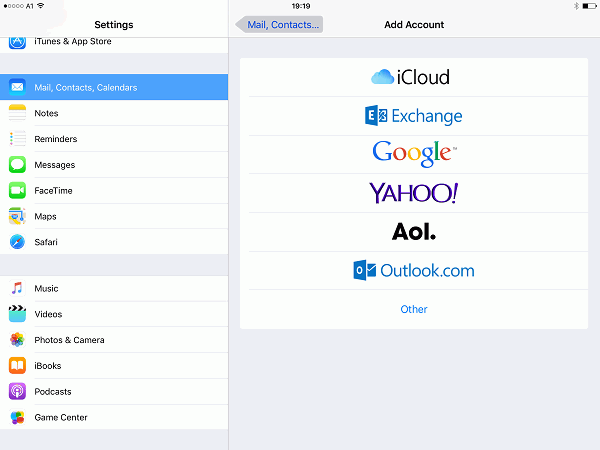Impacts of Technology on the Learning Process
Technology has come a long way in recent times. In the education sector, emergent technologies have permeated this space, too. These days, it is a common feature to find college students attending lectures and taking notes using their laptops. Others record lessons and listen to them while they study. Additionally, learning the basics of computing is increasingly essential for students everywhere. Their ability to use word processing software is repeatedly called into action through the assignments they are given.
As technology continues to gain a more significant foothold in education, it is crucial to reveal the impact it has on the sector. The convenience it affords to both learners and instructors can blind us to assume that it comes with rainbows and butterflies. However, the other side of the coin has a different story to tell. This article will take a look at the effects technology has wrought in education.

Improved Access to Learning Resources
These days, the internet connection is all you need to access vast amounts of information. The case was totally different just two decades ago. If you wanted to learn something during those times, you had to go to your school library to research any subject.

Gone are the days that require someone to find physical literature so that they can gain some knowledge. Currently, you only need the Internet to research anything from a dissertation to a simple essay.
Student collaboration is significantly enhanced by harnessing technology. Many platforms offer students the opportunity to form groups geared towards learning. There, students can communicate to share ideas and resources instantaneously. Plus, the geographic location does not matter.
These days, you can attend the same online class with someone on the other side of the globe. Also, you can both be in the same group and successfully complete an assignment without ever having to meet up.
Students are not the only ones with the ability to share learning resources quickly. They can issue out assignments and provide learning materials to their students with just a few clicks of a button.
Moreover, instructors can conduct classes, such as providing essay help to students, using technology. These lectures are streamed over the Internet and can also be accessed by students who were not present during the live presentation.
Enhanced Opportunities for Self-Paced Learning
As mentioned above, online classes are becoming a standard feature, especially for students who are seeking further education. This advancement provides better learning opportunities for students who are struggling to grasp new concepts in class. In times past, those with learning difficulties would fall behind in their schoolwork and the curriculum. Consequently, they would not perform as well as their counterparts in assignments and tests.
Through attending online classes, students can access lectures at their own pace. It ensures that they can proceed after they have understood the concepts. Hence, every student would have the chance to complete every course without having to rush through things that they have not understood.
The Negative Effects on Education
Technology can also be detrimental to education. Some instructors argue that including technological devices into the classroom setting is distracting students from the lessons. When a student carries their laptop to a lecture, no one can ensure that they use the device for the right things. They could decide to play a game, watch a movie, or listen to music while the lecturer is teaching an important concept. It threatens the quality of education such students would receive. Plus, their actions in class my also divert the attention of other students.

When education relies heavily on technology, a lot can happen. Imagine a class that employs projectors instead of a writing board. In cases where the technology fails, the lesson is in jeopardy. There may be delays in learning which render the practical nature of technology inconsequential. Inevitably, teachers may need to prepare for such scenarios with alternative forms of teaching.
Does technology make students lazy? Since devices are getting smarter, they are not taking the time to learn basic skills. The autocorrect feature of many tools used in learning creates people who do not know the spelling of common words. Mathematics and communication skills are also adversely affected since technology has simplified the process of arriving at correct answers to math problems.
Technology has its merits and demerits when it comes to its impact on education. There is no clear winner as to whether it is beneficial or not. Thus, we must continue to improve the learning process while paying attention to the adverse effects.























